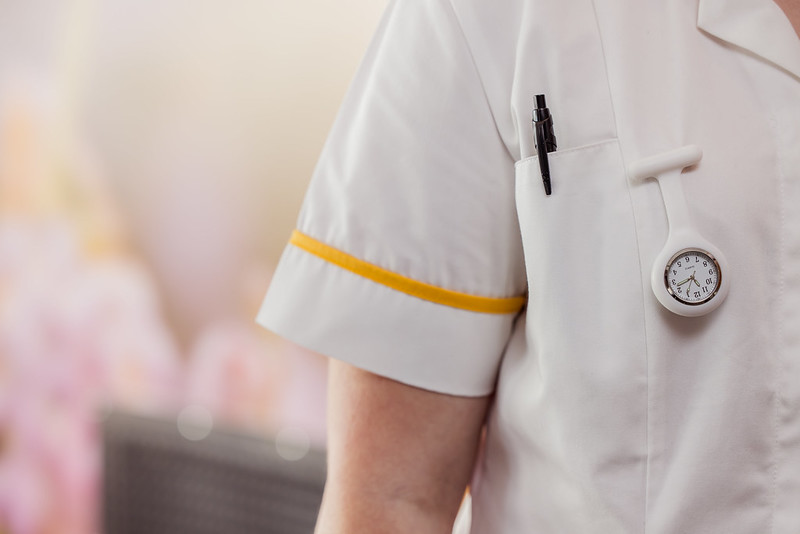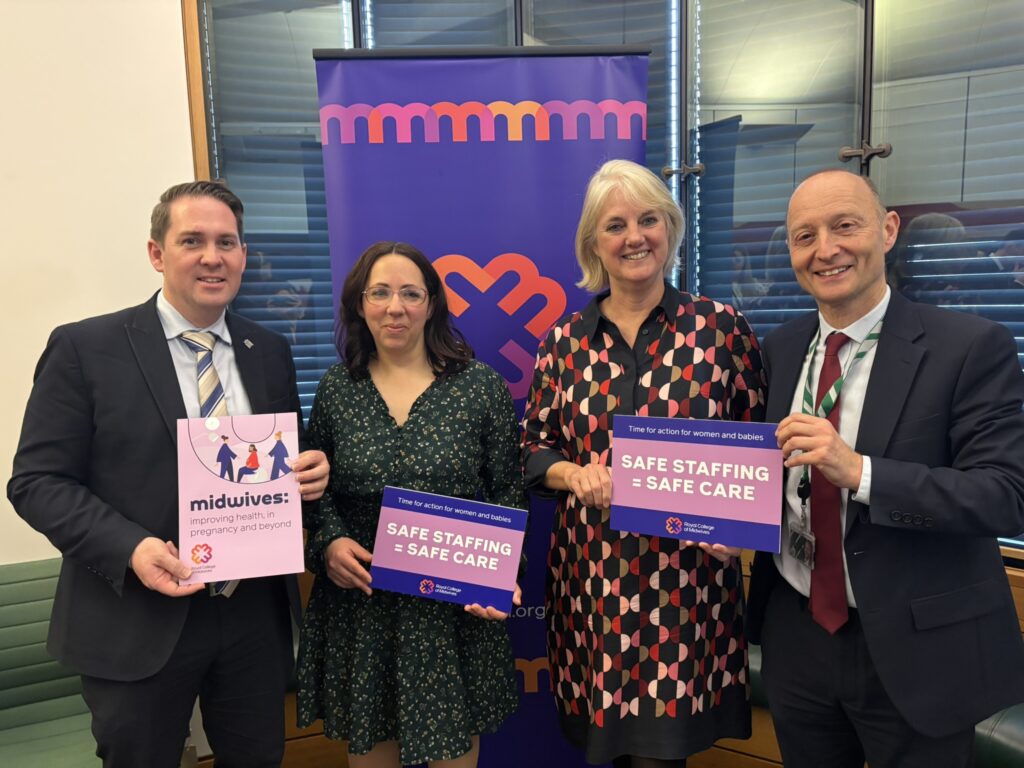The Royal College of Midwives (RCM) has expressed deep concerns about growing inequalities in care outcomes, as revealed in the latest MBRRACE-UK perinatal mortality surveillance report. While the annual report, which tracks deaths of babies before and shortly after birth, shows that the UK’s overall perinatal mortality rate has continued to decline, neonatal mortality in the most deprived areas has increased for the third consecutive year, rising from 2.38 to 2.50 per 1,000 live births, while rates in the least deprived areas fell.
Women in the most deprived areas remain more than twice as likely to experience stillbirth or neonatal death compared to those in the least deprived, while ethnic inequalities remain entrenched. Stillbirth rates have fallen for Black and white babies but increased by 10% for Asian babies. Compared to white women, Black women are more than twice as likely to experience a stillbirth and 1.5 times more likely to suffer a neonatal loss.
Fiona Gibb, RCM Director of Midwifery, said:
“It’s encouraging to see an overall reduction in the number of stillbirths, and the work that maternity teams have put in to make this happen shouldn’t be underestimated. However, the growing disparity in outcomes for those who live in more deprived communities is of deep concern. These are not just statistics, they reflect systemic issues that demand urgent attention.
“To address these challenges, we need substantial investment in maternity services and a commitment to building a workforce that ensures we have the right staff, in the right place at the right time, with the right education and skills.
“Midwives are working tirelessly, often beyond their scheduled hours, to provide safe and compassionate care. However, without targeted funding and strategic workforce planning, we risk exacerbating existing inequalities and compromising the quality of care for women and their babies. We know that the midwifery community is increasingly supporting more complex pregnancies and births, in which poor living conditions and social deprivation definitely play a part. We need the governments of all four nations to recognise this and work with us to ensure women and families get the care and support they need, so that the next generation grows up healthier.”
The report includes a set of recommendations, including a call for Royal Colleges, where able, to support the implementation of national guidance on premature birth care through the BAPM perinatal optimisation pathway. The RCM has also produced a maternity disadvantage assessment tool to help midwives overcome the barriers to care which contribute to the health disparities highlighted by this report.


